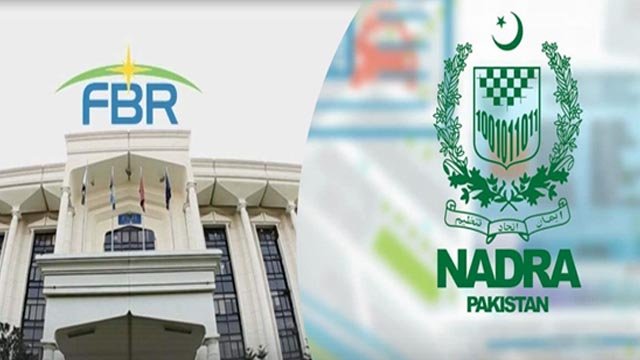The Pakistan People’s Party (PPP) has taken a stand against the issue of inflated electricity bills and announced a series of countrywide protests, citing growing concerns among citizens.
Nayyar Bukhari, the Secretary General of PPP, expressed that the widespread issue of inflated electricity bills has created distress among every citizen. In response, PPP has decided to organize protests at various levels across the country, including at city, union council (UC), and tehsil levels.
Bukhari urged PPP workers to actively participate in staging protests throughout the country. The movement against inflated electricity bills is gaining momentum day by day, with citizens taking to the streets to voice their concerns and even burning their bills as a symbolic protest.
The surge of public outcry against the soaring power bills has led to widespread protests from Karachi to Khyber. In some regions, these protests have escalated into violent demonstrations. The current scenario has compelled various political parties to address the issue and stand in solidarity with the affected citizens.
Earlier today, Jamaat-e-Islami (JI) also declared its intention to observe a nationwide strike on September 2 to protest against the surge in electricity prices. JI spokesperson Qaiser Shareef highlighted the formation of committees for the forthcoming strike and emphasized the participation of people from all walks of life. The spokesperson acknowledged the support from industrialists and traders for this cause.
The public response against exorbitant electricity bills has led to protests in several cities. In Karachi, citizens voiced their grievances against K-Electric, the city’s primary power supplier, as they received bills exceeding their salaries. Similar protests and demonstrations were witnessed in Peshawar, Rawalpindi, Gujranwala, and other cities, where people expressed their frustration against the burden of high power bills and demanded fair treatment.
The coordinated efforts of political parties, trade bodies, and citizens reflect the collective demand for more reasonable electricity prices and transparency in billing practices. As the movement gains traction, it underscores the importance of addressing citizens’ concerns and ensuring affordable access to basic utilities for all.









